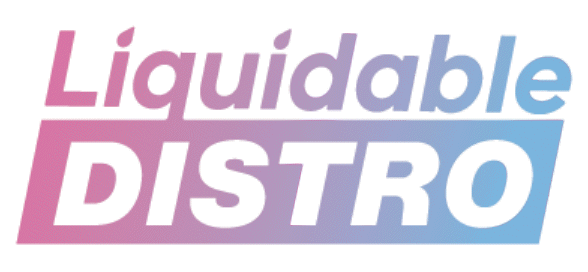Is a Ban on Disposable Vapes a good thing for shops?
Recent news stories have highlighted a potential ban on single-use disposable vapes in the UK, with the aim of curbing youth addiction to nicotine. These stories have sparked discussions about the implications of such a ban, especially for vape stores. In this blog post, we will explore the news stories and discuss how this development could present both challenges and opportunities for vape retailers.
1. The Ban to Protect Children
The Telegraph and The Independent report that the UK government is considering a ban on disposable vapes to prevent children from becoming addicted to nicotine. These single-use vaping products have gained popularity among young people due to their convenience, appealing flavours, and discreet design.
2. Market Saturation Concerns
The Guardian and the BBC report concerns that a ban on single-use vapes may lead to a flood of products on the market before the ban takes effect. Manufacturers and retailers could stockpile these products, resulting in a sudden surge in supply once the ban is enacted.
3. Implications for Vape Stores
Positive Aspects:
a. Focus on Safer Alternatives: The potential ban on single-use vapes may encourage customers to explore reusable vaping devices. Vape stores can play a pivotal role in educating their customers about the benefits of reusable vapes, such as reduced environmental impact and cost savings.
b. Opportunity for Diversification: Vape shops can diversify their product offerings by expanding their selection of reusable vape devices, e-liquids, and accessories. This can help offset any potential loss in revenue from the ban on disposable vapes.
c. Public Health Advocacy: Vape retailers can position themselves as responsible businesses that prioritize public health. They can support measures aimed at preventing youth vaping and collaborate with local authorities on educational campaigns.
Challenges Ahead:
a. Initial Market Flood: Vape stores may face increased competition as manufacturers and retailers rush to sell off their disposable vape stock before the ban. This could lead to temporary price wars and margin pressure.
b. Uncertainty: The vape industry operates in a rapidly changing regulatory environment. Vape stores may face uncertainty about future regulations and product availability, which could impact business planning.
c. Loss of Customer Base: Some customers who rely on disposable vapes may be discouraged from vaping altogether due to the ban. Vape stores must prepare for potential changes in their customer base and adapt their marketing strategies accordingly.
Conclusion
The potential ban on single-use disposable vapes in the UK is primarily aimed at safeguarding the health of young people. While it presents challenges for vape stores, it also offers opportunities for diversification, public health advocacy, and a focus on safer alternatives. Vape retailers can adapt to this evolving landscape by staying informed about regulations, maintaining a diverse product range, and promoting responsible vaping practices. In doing so, they can navigate the changing market dynamics and continue to serve their customers’ needs while contributing to the broader goal of reducing youth addiction to nicotine.

Comments are closed